Matching Values With Vocation for College Students
Matching Values With Vocation for College Students
One of the biggest struggles my clients face arises from a clash between their values and their expectations. This is often the root cause of mental malaise or an existential attitude, which I talked about in my last post, and which can result in stress and anxiety in college.
What do I mean when I talk about values and expectations? Well, values are the things we prize and prioritize, the things that are important and matter to us. Let’s take a look at some examples:
- Meaningful experiences
- Collaboration with one another; team-driven outcomes
- A sharing economy focused more on borrowing than buying
- A work-life balance that emphasizes the “life” side
- Careers that lead to a sense of purpose and fulfillment
- Buying from and working for companies that have a clean supply chain
And they place less value on:
- Accumulating items (homes, cars, etc.)
- Becoming entrenched in the hierarchy of the corporate ladder
- Working only as a means of securing greater financial stability
What’s interesting is that in many cases, these values are in direct contradiction to those of their parents’ generation. The Baby Boomers and Gen Xers placed a lot of value on material possessions, security and stability, and accumulating wealth, as well as juggling a big career and a successful family. Gen Y and Gen Z have grown up in broken and blended families, have seen their parents unemployed as a result of economic recession, and understand how difficult it is to “have it all.”
While there’s nothing wrong with having different values and ideas than one’s parents, many of these young adults have also been raised in upper-middle class homes…and that’s often where the problem lies. You see, I have many clients walk into my office feeling completely disillusioned about their career paths or what they’re meant to do in the world. The reason usually stems from dissonance between their values and their expectations. There’s a paradox between the lifestyle they’ve been raised with and the lifestyle their values suggest they want.
These students often feel called to vocations such as social work, teaching, nonprofit management, mental health care: career paths that continue to fall short on the remuneration chart. At the same time, they want the freedom to brunch on international breakfast bowls and avocado toast every weekend! They were raised in environments where the emphasis on material wealth led to a high standard of living, and that creates dissonance between their values and their expectations.
To make matters more complicated these two generations are deep, intense thinkers. They’ve been taught to think and process information from a young age, and so they tackle this problem with all the mental force they’ve got. Unfortunately, they don’t always have enough information to solve problems instinctively, so they think and question and frown and then keep thinking until they are stuck in a wheel of overthinking, ultimately coming to the wrong conclusions, based on their limited understanding of the real world.
Take, for example, John, who knows he doesn’t want to go into an office every day wearing business attire, work 12 hours a day and be under intense pressure to produce. His awareness of what possibilities are available to him leads him to the conclusion that he needs to work for a nonprofit. But here is the reality of the non profit world in the 21st century. Professionals in the nonprofit world often work exceptionally long hours and are under much pressure to produce due to a lack of funding and a need to support their own salaries. The challenge is that nonprofit salaries are about half of what John really needs to make to support the lifestyle he desires. So he lands in my office, totally disillusioned by career possibilities before he’s even gotten started.
When this happens, there are two crucial steps I take with my clients.
The first is to have them complete a Lifestyle Design Questionnaire, which forces students to get clear about what they need to live a lifestyle that satisfies them. And it gets down to the nitty gritty: a mathematical calculation that projects their future cash flow requirements.
Once the questionnaire is complete, the client and I sit down and have a heart to heart. If I encounter someone whose ideal lifestyle requires $200,000 of annual income and is pursuing a teaching degree, there is much to discuss. Clearly there is a major discrepancy between their ideal income and what they can realistically expect from a teacher’s salary. This helps clients understand where their current expectations are in relation to their current career paths. One or the other needs to be recalibrated so the two are more in alignment with one another.
Sometimes this can be as simple as broadening a student’s horizons about the career possibilities that are available.
Let’s use the example of a client who is interested in a helping profession but who has lifestyle needs of $150,000 annually. I suggest pursuing a career in human resources, but she is not keen on the idea of “going corporate” in order to meet her income and lifestyle goals. My suggestion would be for her to re-examine her perception of corporations before painting them all with the distasteful brush she clearly has in her hand. I would encourage her to take a different perspective. We’d look at companies whose mission really appeals to her personal values, who have clean supply chains, treat employees well, and are somehow making the world a better place. All of a sudden, human resources is looking like a much more viable alternative.
Young people today are incredibly thoughtful and committed to choosing purposeful career paths. That’s a beautiful thing. But it’s even more beautiful when those purposeful careers match up with their expectations and desires around quality of life as well. When I help clients create clarity for themselves and align their personal values with their career choices—well, that gives me a sense of purpose too
College Admissions
Counseling
Career Launch
Career Management
LIFE COACHING FOR 20-SOMETHINGS
PARENT/YOUNG ADULT FACILITATION
doylestown, pa 18901, Princeton, nj, hunterdon county and robbinsville, nj,and serving clients all over the world via zoom video conference
DISCOVER


